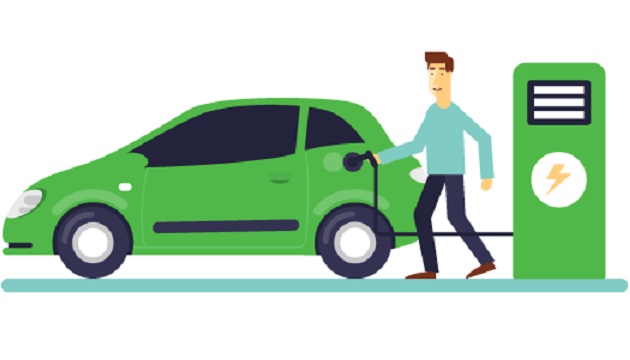The Delhi government released a draft electric vehicle policy on Tuesday that offers a slew of incentives and subsidies for making e-vehicles attractive as well as building a charging infrastructure in the city with the ambitious aim of ensuring that every fourth vehicle registered in the capital in 2023 is electric.
“The policy recognises that a new approach is required to kick-start electric vehicle adoption in Delhi and seeks to put in place several measures that address the key hurdles,” said state transport minister Kailash Gahlot.
“About 30% of particulate pollution in winter is caused by vehicles. Rapid adoption of zero-emission electric vehicles is therefore of great importance to Delhi,” he added.
The policy proposes complete waiver of road tax, registration fee and one-time parking fee for all e-vehicles eligible for FAME India incentives till 2023. Charging points at every 3km planned to boost e-vehicle use.
The draft policy offers a 100% subsidy (up to Rs 30,000) on installation of the first 10,000 charging points at residential and non-residential buildings.
It says building bylaws will be amended to ensure both home and work place parking becomes electric vehicle ready through mandatory installation of charging conduits. Special electricity tariff will also be made available at all charging points connected to a single point-of-delivery meter.
The government plans to create a corpus of funds to incentivise every vehicle segment and a large number of incentives are planned, which are in addition to the incentive offered by the Centre as part of the Scheme for Faster Adoption and Manufacturing of (Hybrid &) Electric Vehicles in India (FAME).
The policy also aims to strengthen infrastructure for battery charging and swapping, with an aim of providing access within 3km range from any spot in Delhi. Additional fees on non-electric vehicles will fund the bulk of corpus created to incentivise the adoption of electric vehicles.
Two-thirds of new vehicle registrations in Delhi comprise two-wheelers and to target this segment, incentives have been planned for promoting e-two-wheelers.
The number of e-rickshaws in Delhi has already spiralled but the government plans to provide subsidies to e-rickshaw drivers who plan to replace the lead batteries of their vehicles with advanced, swappable batteries.
To promote use of e-cab and e-auto rickshaw rides through app-based aggregators, the government will offer “cash back” rebates for short first and last mile connectivity trips. These rebates will be capped at a maximum of 20% of trip cost and an absolute value of Rs 10 per ride.

